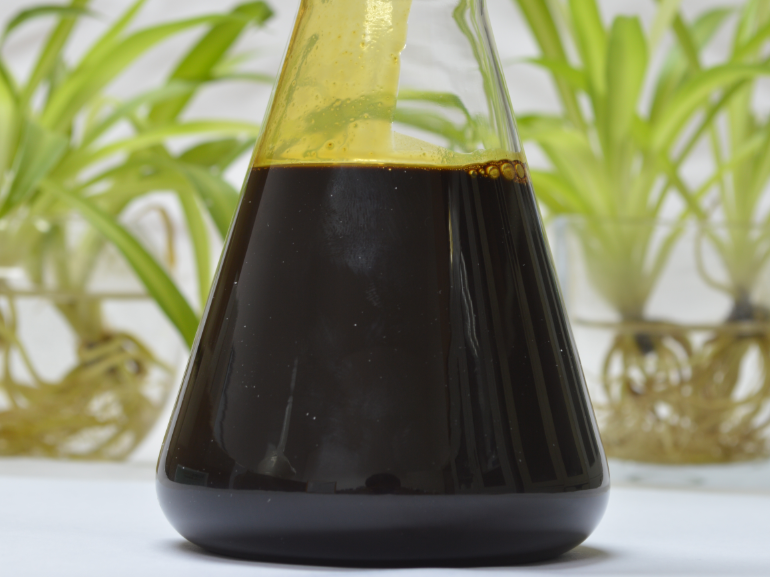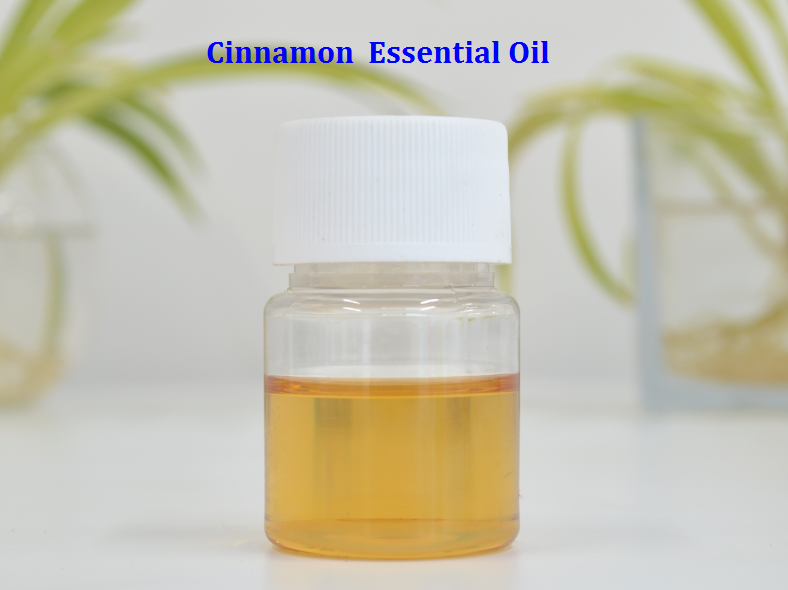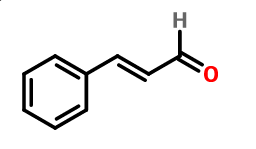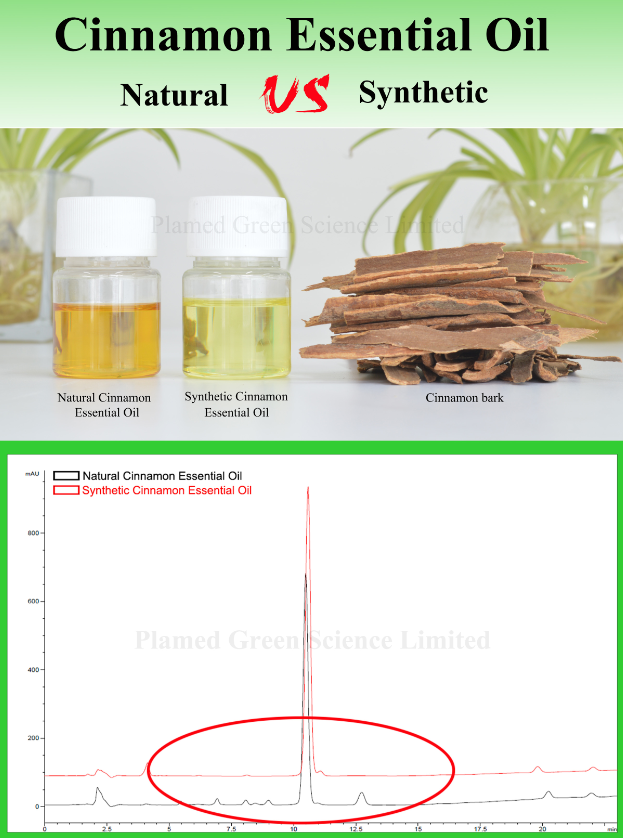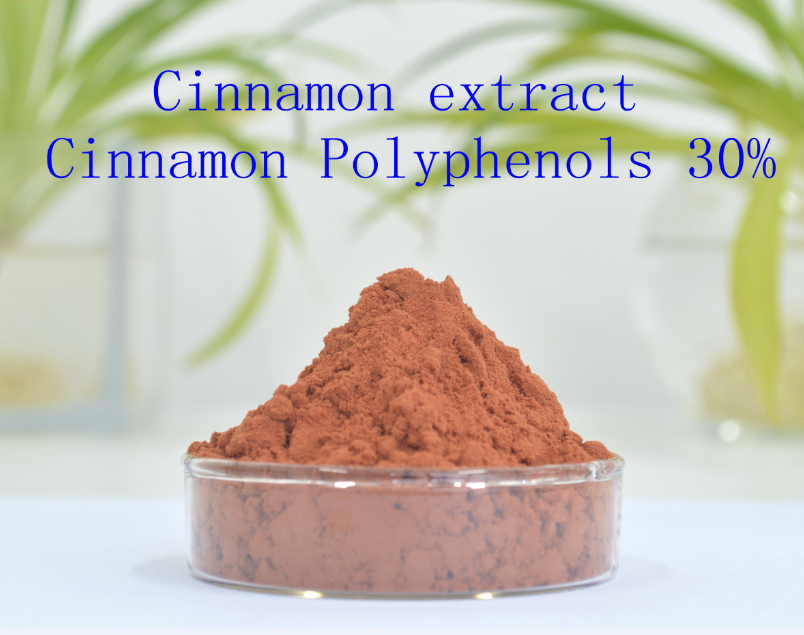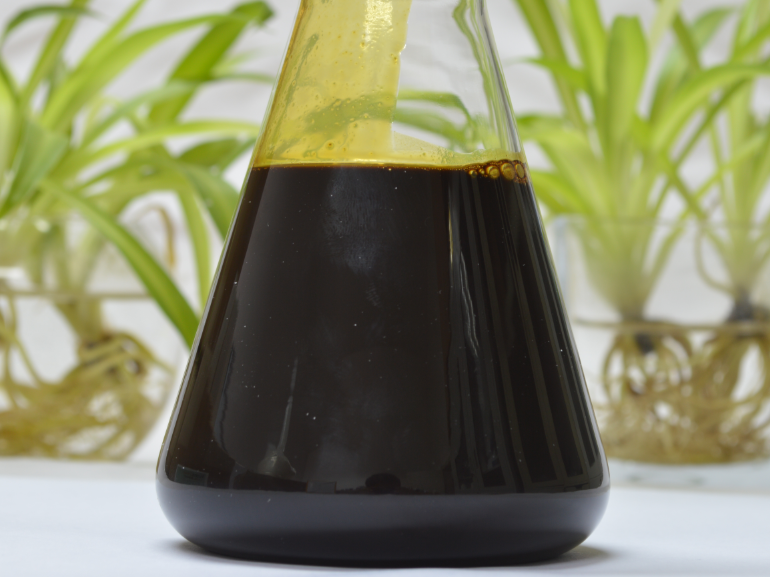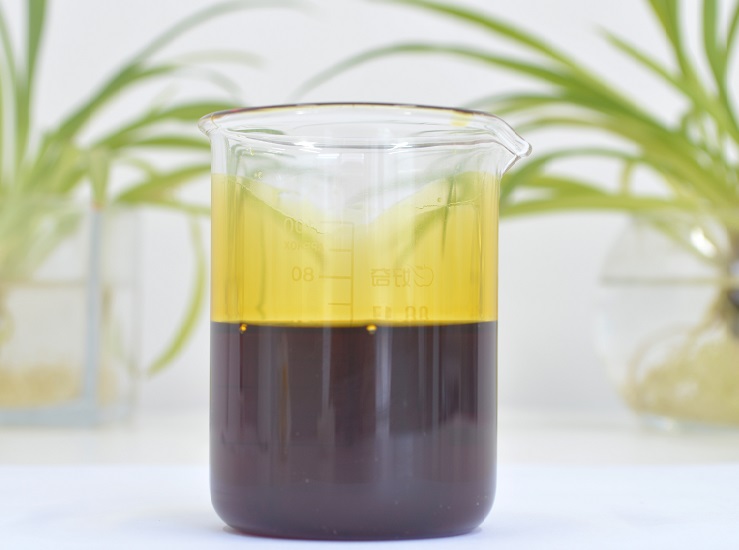1. Control Blood Sugar
Cinammon oil contains cinnamaldehyde, which exerts strong blood glucose lowering effect, so diabetics find it very useful because cinnamon aids them in using less insulin. Cinnamon has positive effects on insulin release, which means it can help keep blood sugar stable and prevent chronic fatigue, moodiness, sugar cravings and overeating.
2. Antimicrobial activity
Cinnamon oil contains various chemicals that are believed to be responsible for cinnamon’s antifungal and antibacterial effects. Important among these compounds is cinnamaldehyde. Studies have shown that it has an amazing ability to treat external as well as internal infections. This applies to Escherichia coli bacteria and Candida albicans fungus. When sprayed in the air, it kills almost 99% of the bacteria circulating with the air within a dozen minutes. Moreover, recent research suggests that Cinnamon oil has potential to be used as a natural antibacterial agent in food industry.
3. Indigestion
Cinammon oil is a Carminative, which can be used to relieve symptoms of indigestion, particularly when there is excessive gas in the stomach and intestines. It is believed that carminative agents work, at least in part, by relieving spasms in the intestinal tract. It is therefore often referred to as a digestive tonic.
4. A mosquito repellent
The cinnamaldehyde in cinnamon oil makes it a great mosquito repellent. Research has proved that cinnamon oil is very effective in killing mosquito larvae. Early research suggests that applying cassia cinnamon oil cream to the skin can protect against mosquito bites. It is considered as an environmentally safe solution for solving the global menace and disease-spreading capacity of mosquitoes.
*The Content here is not intended to be a substitute for professional medical advice, diagnosis, or treatment. Always seek the advice of your physician with any questions you may have regarding a medical condition.


